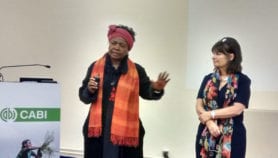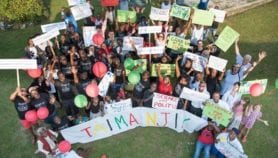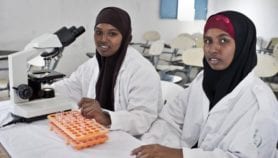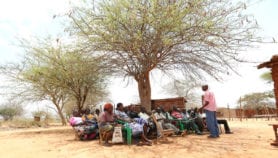By: Declan Butler
Send to a friend
The details you provide on this page will not be used to send unsolicited email, and will not be sold to a 3rd party. See privacy policy.
Muslim countries are home to 1.3 billion people and three-quarters of the world’s fuel reserves. But their combined gross national product (GNP) is less than half that of Germany, illiteracy levels are among the world’s highest, and science spending — at 0.2 per cent of GNP — is well below the global average.
In this article, Declan Butler reports from a meeting of research ministers and heads of science academies from Islamic countries, together with representatives of Western scientific communities. The conference aimed to strengthen the resources and roles of scientific academies worldwide in promoting research and providing independent advice to governments.
Delegates gave their opinions on why political leaders in Islamic nations often fail to recognise the role of science, and underlined the importance of such meetings in developing greater cooperation between Islamic and Western scientists.
Link to Nature article
Reference: Nature 422, 101 (2003)
More on Networks

Script media release
Journalists offered ‘big break’ mentoring opportunity from Radio Nigeria
03/04/19












